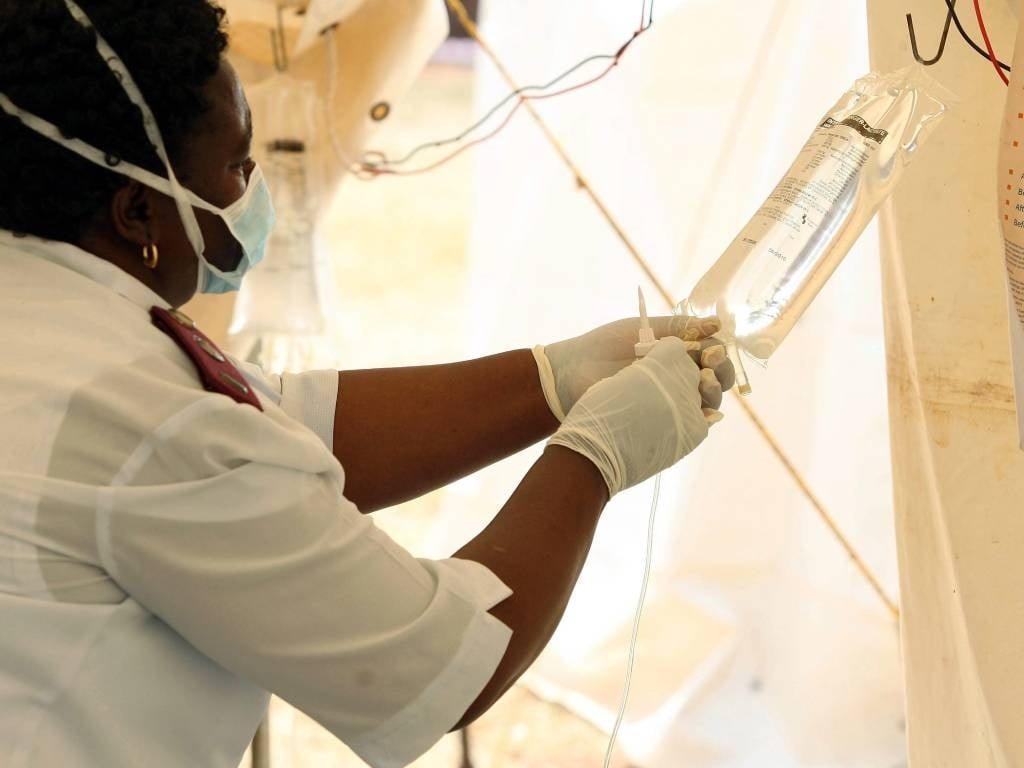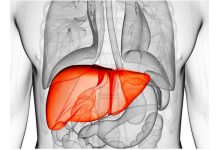Africa-Press – South-Africa. The City of Tshwane says it has 52 water tankers going to informal settlements, but it is still being determined whether the cholera source is water in the rivers or water from the tankers.
On Sunday, the Gauteng health department announced that 10 people had died of cholera in Hammanskraal, north of Pretoria. By Monday the number of deaths had risen to 12.
Lab results from patients at the Jubilee District Hospital, with symptoms of diarrhoea, stomach cramps and nausea, came back positive for the bacterial disease.
According to a report on Sunday, since 15 May, 95 people from Kanana, Suurman, Majaneng, Green Field, Carousel View, Lephengville and Sekampaneng have been seen at the hospital with similar symptoms.
There were 37 confirmed cholera patients at the hospital.
Ferrial Adam, the executive manager of WaterCAN, a division of the Organisation Undoing Tax Abuse (OUTA), said the government had to test the water for pathogens, like cholera or hepatitis, in areas with sewage spills.
“The concern for us is the people who get their water from water tankers because we don’t know where that water is coming from.”
OUTA has been pushing for the City to repair and upgrade the Rooiwal Wastewater Treatment Works and the Temba Water Treatment Works, and to rehabilitate the Apies River to improve the water quality in Hammanskraal.
“OUTA feels that this is a serious case as the City has failed in its duty to provide access to water, which is a basic human right.
“The contamination of the Apies from Rooiwal has caused the potable water provided to the Hammanskraal community to be contaminated by E. coli and other harmful matter,” it states on its website.
OUTA has been working with the Hammanskraal Residents’ Forum and the Fair and Equitable Society since 2018 after complaints from residents regarding the water.
Tests showed the water was unfit for consumption.
Adam said 60% of the country’s water treatment plants were not in working order.
According to last year’s Green Drop Report, 334 of the 850 municipal wastewater treatment plants were in a critical state.
The treatment works are meant to take the sewage, treat it, and release it into rivers around the country.
Want to discuss hotly debated topics with someone from across the world? Sign up for our global dialogue programme and get matched for a conversation
Bulk water treatment companies, like Rand Water, take water from these rivers, treat it, and then supply municipalities with drinking water.
But Adam is concerned that most municipalities test for E. coli and heavy metals, but not pathogens, like cholera.
She said municipalities should test for pathogens in all areas with sewage flowing into rivers.
On Sunday, the City of Tshwane urged communities around Hammanskraal and the surrounds not to drink water from taps.
“The City regularly conducts tests on the quality of water provided to our communities and, following this outbreak, comprehensive tests will be done on the entire water distribution network.
The City added:
Tshwane’s spokesperson, Selby Bokaba, told News24 the tankers took water from fire hydrants, which were supplied by either Rand Water or Magalies Water.
Bokaba said test samples of the water from the tankers were being tested.
He said the municipality was investigating the source of the outbreak, which could come from the water in the hydrants, water contaminated in the tankers, or water contamination by the buckets used by residents to collect the water.
For More News And Analysis About South-Africa Follow Africa-Press






